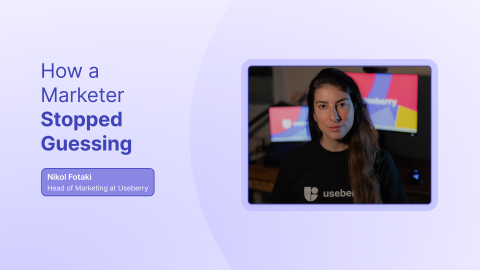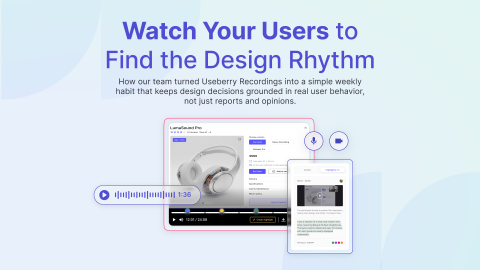Get prepared

1. Know thy (potential) employer
Start by researching the company, their social media, blog, podcasts, and company values. If possible look into their public opinions. Get intimate with their product and visualize ideas to make it even better. Walk into that interview like you already are their employee and you just might become one.
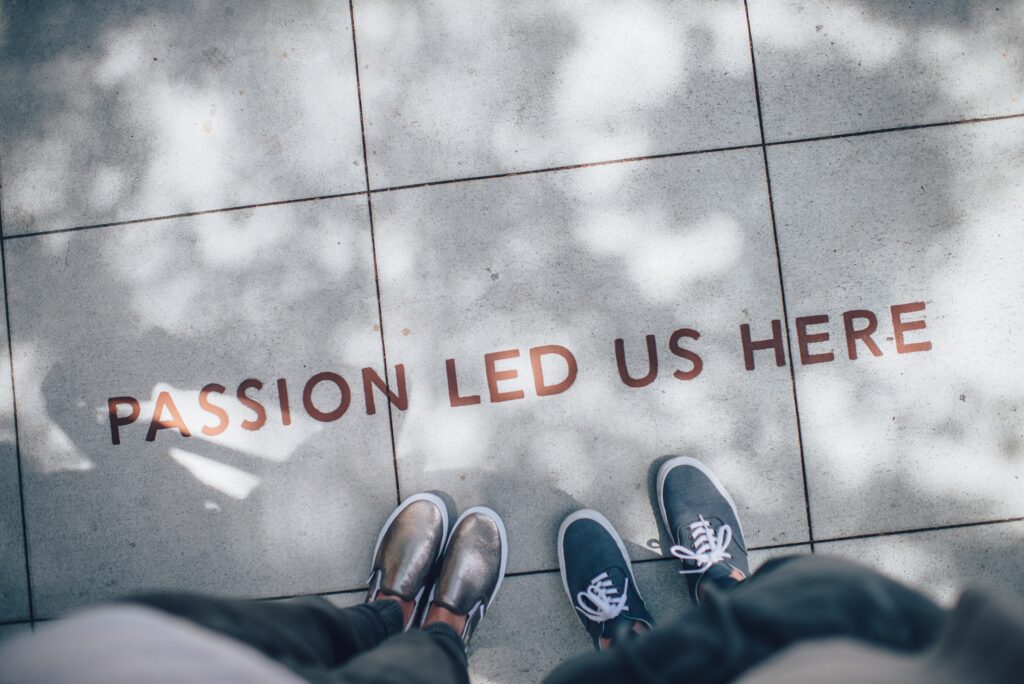
2. Keep your finger on the pulse
Read blogs, and books and follow key accounts on social media to help you stay up to date with new and up-and-coming trends in the industry. This will show you are passionate about UX and will help you be prepared for questions about the future of the industry.

3. Get your stories straight
Your portfolio is immaculate and you are ready to share the facts of your past work. Which is great, but can be boring for the interviewer, especially if they are not in UX. So share them as short stories, which will keep their interest and let them know you better. Have the stories ready and even test them on a friend or two. Don’t hesitate to add the challenges you faced on projects and how you overcame them.
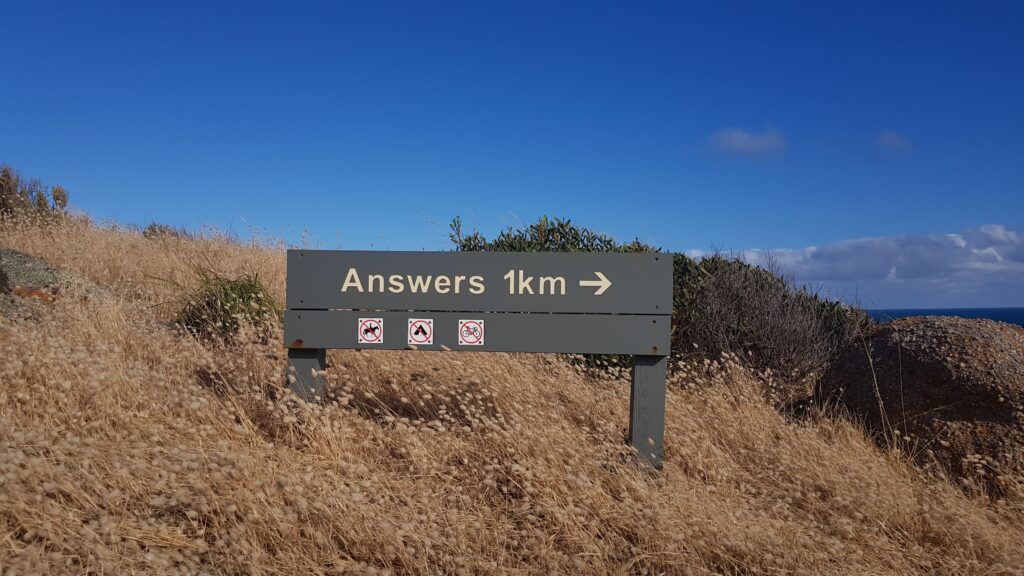
4. You have all the answers
Get ready for the tough questions. It’s always better to be overprepared than underprepared, and practice until you don’t sound wooden. It’s ok to go with the flow and think on the spot of course, but if you already have something ready it will take the pressure off and you can always adjust and improvise as needed.
A few examples would be:
“Explain your job to a 4-year-old” – They want to see if you have memorized definitions and if you really know your stuff. Think of a simple explanation and test it out on a couple of people who have no contact with UX.
“How many bananas can fill a Boeing 737 /golfballs fill a bus”, – What they want to see with this one, is how good you are under pressure and your way of thinking. Essentially, you need to describe the process you would use to figure it out.
“Where do you see yourself in 5 years” – Think ahead. Where do you actually see yourself if you stayed with this company? Show your drive and ambition and keep it attainable.
“Why should we hire you” – What makes you stand out from the other candidates? Why are you the better choice? It may be your experience, passion, team spirit, determination, or positivity. Identify what drives you and makes you unique and connect it to the company.
“What’s your greatest weakness” – No one wants to appear weak in these situations, so we tend to stick to answers like “I am too hardworking/honest/amazing”. Shake it up and admit a real weakness BUT one you already started working on improving and would not affect your work negatively.

5. Keep it clean
Whether you want to bring in your portfolio in paper or digital form, make sure everything is clean and professional. Clean up your laptop desktop and iPad screens of any apps you wouldn’t want your potential employer to see. If you do go for digital form and you own an iPad, bring that instead of a laptop as the experience of showing your portfolio on the iPad is far more intimate and can help you keep your interviewer’s interest.
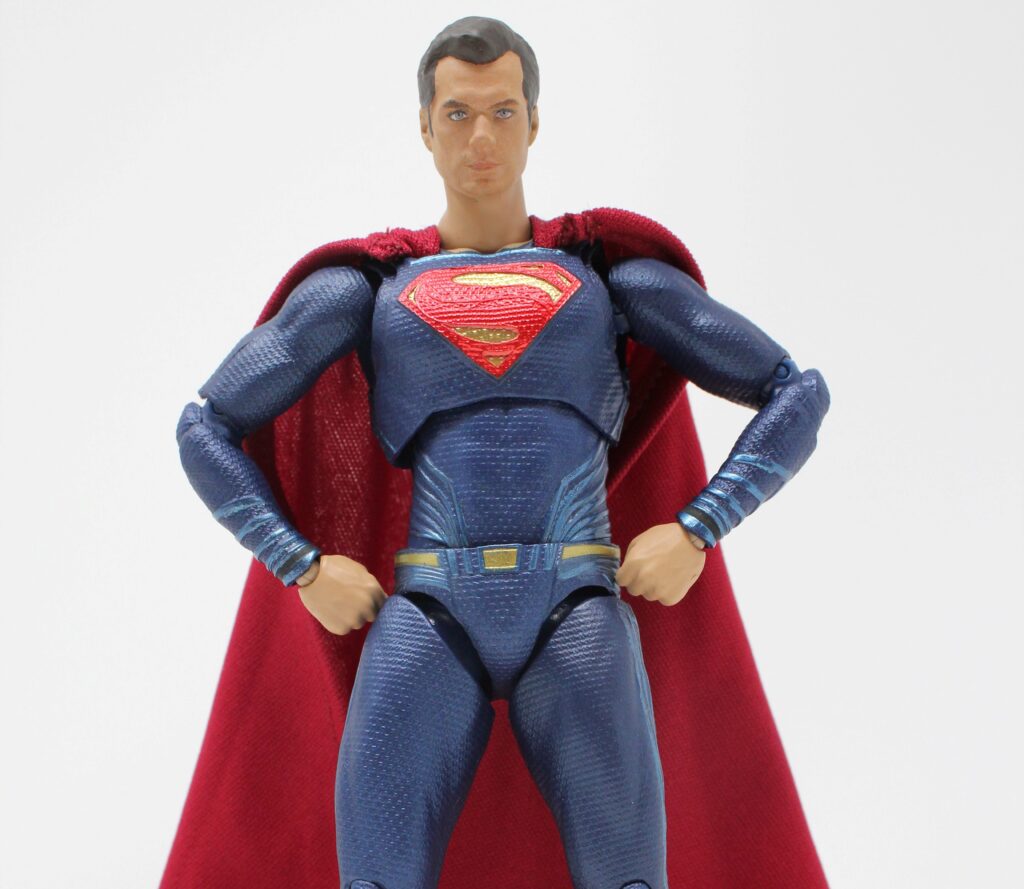
6. Superman pose
Yes, you read that right. Perform the superman pose for a few minutes before leaving the house or starting up the interview online, to boost your confidence. It works! See the Ted talk about it.

Interview time
1. Say cheese
About to go in? Great. Smile and be professional and kind to everyone in that building. And keep in mind that secretaries are the first line of defense and are almost always asked their opinion about candidates as they see them before they put on their professional face and go into the interview room.
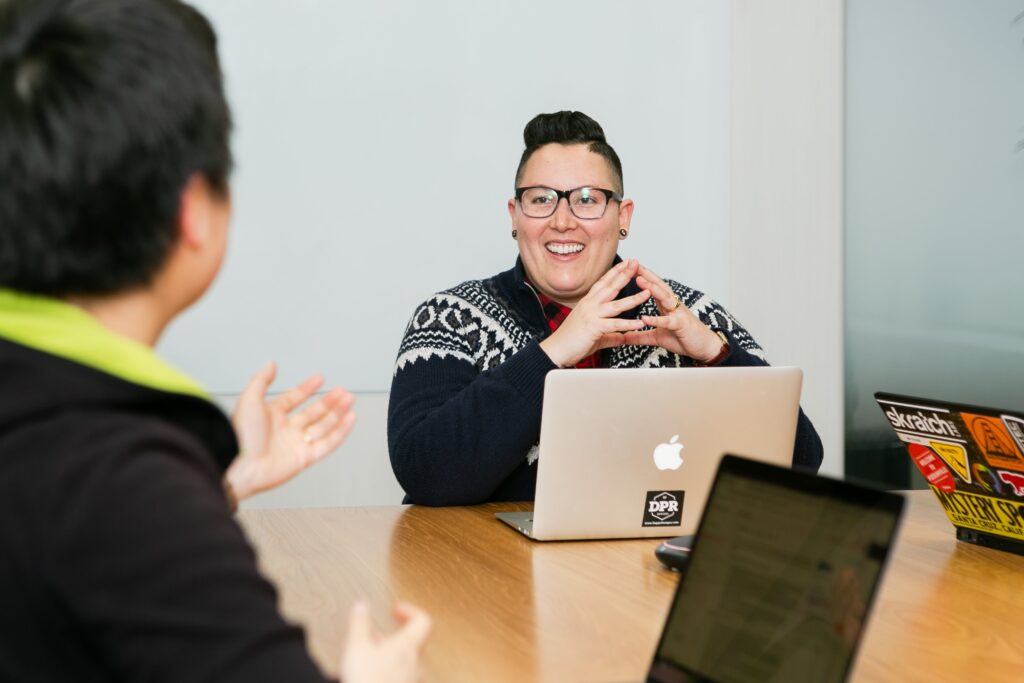
2. Let’s get personal
Who isn’t stressed during interviews? We’ve all been there. But there is the good stress that will keep you on your toes, and the stress that will make you clam up and not show all you’ve got. Before you go in, try to visualize your interviewers as old friends you haven’t seen in a long time and you’re eager to share your news. They want to see the real you, the person they will be spending 8 hours a day with, so do yourself a favor and relax.

3. Processing
Many in the UX industry say one of the hardest questions in interviews is asking them to describe their process/workflow. What the interviewer mainly wants to find out is if you are focused on the user throughout that process. No specific answer is right or wrong as everyone’s way of thinking is different. Make sure to cover all the steps and show that it’s well thought out.

4. Honesty is the best policy
What the title says. Everyone appreciates honesty. No need to overshare, but answer direct questions clearly and truthfully. It is totally ok to say “I don’t know” and they will appreciate it more if you admit to not knowing and asking more about it than if you try to pretend to know something you don’t and not being able to answer any follow-up questions.

5. Google is your friend
A few years ago, while conducting an interview I asked a candidate how they would go about creating the best organizational plan for the team. I knew they were young and not as experienced as other candidates, but I wanted to find out how they would address a challenge. Their answer was “I would google it”. It was a brave if not a bit insolent answer, and I appreciated it. It shows independence and a can-do attitude. This of course stands true mostly for things that you are not obligated to already know how to do based on your title.
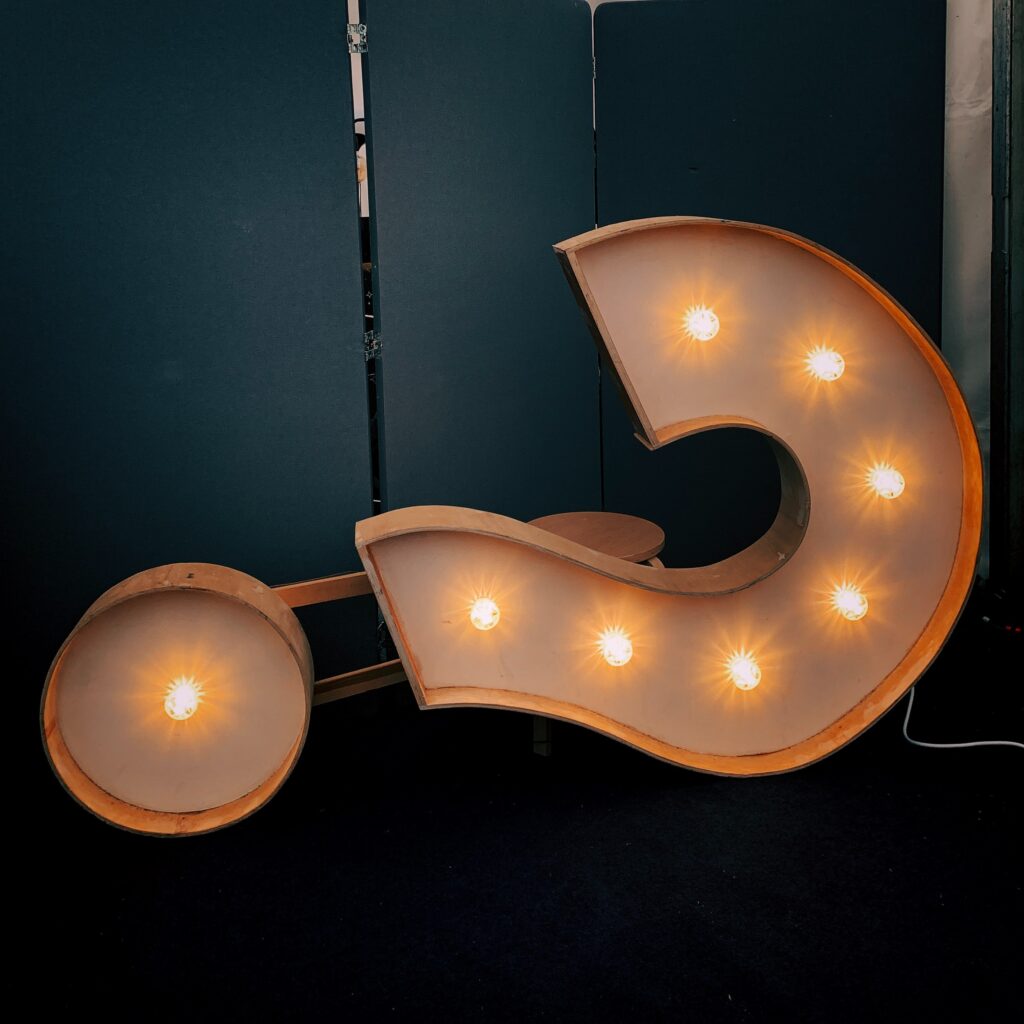
6. Question everything
So, the interview has been going well, you connected with the interviewer, they loved your portfolio and you are almost there! Then they ask if you have any questions. If your first instinct is to say no, think again. Asking questions will show you came prepared, you care, and are inquisitive. The interview is not only to see if you are the best candidate for the position but also to see if the company and the position are a good fit for you and your future plans. So interview them right back.
Some examples of questions you can ask are:
“How long have you worked in the company and are you happy here?”
“Where do you see the company going in the next years?”
“Which teams will the person that gets this position work with?”
“What does a typical day in this role look like?”
“What are the next steps in the interview process?”
“Is there a timeline for filling this position?”
And if you feel comfortable enough with the interviewer, you may want to ask what they thought of you. This could be a great way to identify any concerns they may have and address them.

7. Know your worth
It’s time. The moment they ask you what your salary expectations are. This is usually the hardest one for most people. Make sure to have an estimate ready in your mind. This should be close to what the industry standards are in your country, and reflect your education and experience. Don’t do yourself a disservice and ask for less than you would be comfortable accepting in hopes of being chosen for being a cheap choice.
The tactic is simple. First, ask if they have a specific budget for the position. If they say yes and you are ok with the budget, perfect! If they say they cannot disclose that, come up with a budget that varies from the lowest you are comfortable accepting, and goes up to the amount you would be the happiest getting. Be reasonable and honest.
Learn: How to become a UX designer



